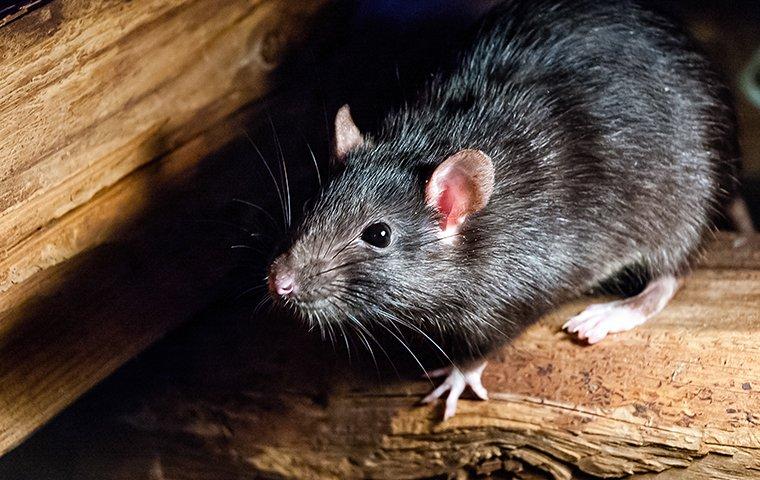They chew through walls, wires, and insulation as well as contaminate your house with urine and feces. Also, rodents carry serious diseases. This makes it important to ensure your pest control plan includes rodent identification and control.
The activity of rodents like rats is obvious at night. As they inhabit near people, they tend to leave their nests after dark to avoid being caught. But if these rodents feel safe enough to appear during the day, they do so. If you think a rodent intrusion, learn more about how to handle it below:
Different kinds of Rodents
There are various kinds of rodents in Denver. The house mice are a common home invader. Typically, these are small rodents with a long tail and a pointed snout. Also, deer mice make the city their home. These mice are bigger than house mice and can grow 5 inches to 8 inches long. Their white belly makes them easier to identify than other mice. Lastly, Norway rats are prevalent. They are also called sewer rats, which can grow to about 7 to 10 inches long.
Are Rodents Dangerous?
Rodents can be quite dangerous because they can cause damage to homes and transmit diseases. Eradicating a rodent infestation is important to protect the health of your family and your home’s stability. Rodents are known to spread salmonellosis, Lymphocytic choriomeningitis, Hantavirus, dysentery, and leptospirosis. Their excrement, saliva, feces, and urine can contaminate your food with parasites, viruses, and bacteria. Below are reasons why rodents are dangerous:
- Fire hazard. Rats and mice can chew through electrical wiring, damaging it. When wiring is damaged, it sparks and overheats, possibly starting an electrical fire.
- Health hazard. Rodents carry diseases and transmit these through their feces, blood, saliva, and urine. They are known for transmitting hantavirus, leptospirosis, and tularemia. In addition, rodents can carry other pests like lice and ticks into your house, spreading more diseases. Often, people get sick by consuming food that rodents have contaminated.
- Food contamination. Rodents need to get to food first to contaminate it. But rats and mice can make their way even into stored foods. Their potent sense of smell allows them to sniff out a food source’s specific location through doors, walls, and containers. Indeed, rodents can set up camp in your house after they follow the smell of food. When rodents find a source of food, they can usually access it.
- Structural damage. Rodents like to eat, build nests, gnaw, and reproduce. They will do everything to get food. But this could mean dislodging insulation and ruining weather-proof products. Rats and mice gnaw on plastic fiber and paper, wearing down furniture and paper products. When rats and mice make nests, they drag insulation, packing materials, and paper in corners and crannies. Usually, these rodents pull this material off boxes or furniture. While they gnaw, rip, and tear, they also have babies that can grow quickly. Damage caused by rodents can worsen over time. Thus, a rodent infestation should be addressed as soon as possible.








